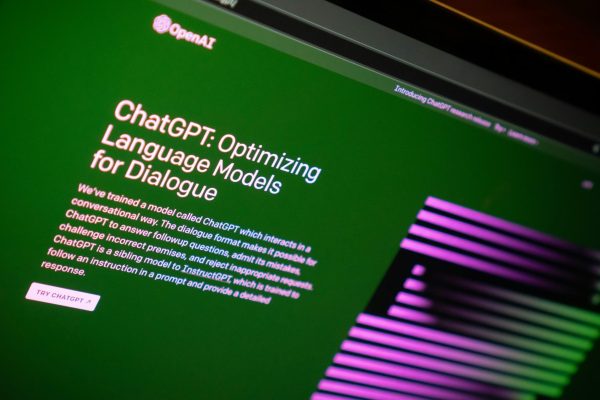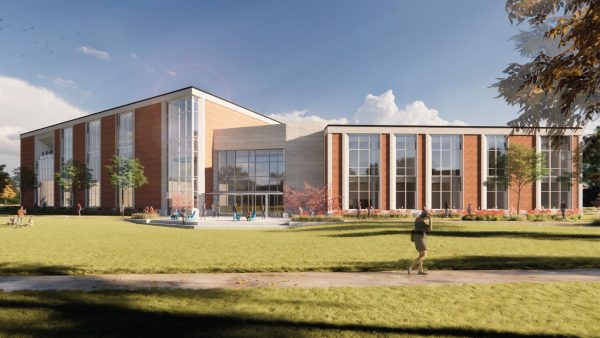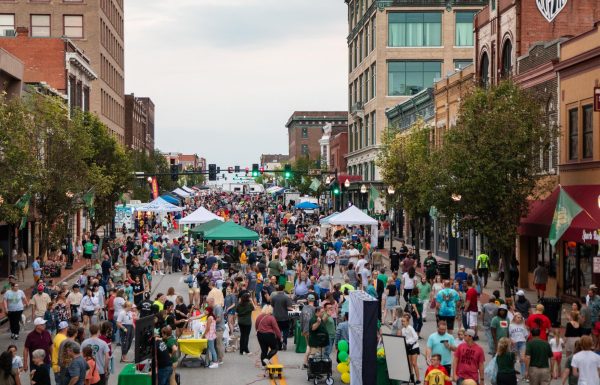The price of being a broke college kid
Photo credit to maitree rimthong on https://www.pexels.com/
As I opened my last package of 50-cent ramen and put it in the microwave, I thought to myself “this is normal, everyone here is a broke college kid too.” This was the mindset that I had during my first few months of college. I was under the assumption everyone around me also was struggling financially. I thought my car covered in dents and leaking oil was nice compared to the one I had before and that it was normal to survive off of bulk noodles and popcorn. Quickly I came to the realization that this was not actually the case.
It was incredibly humbling to realize that the only reason I could even attempt to afford college was that I had completely exploited my home life to the finical aid counselor. Additionally, it was frustrating to hear that my classmates did not have to worry about how to pay for their tuition but instead how they could get into the best sorority. The college experience that social media constantly portrays to students from impoverished backgrounds doesn’t exist for them. It is malicious to promote the idea that receiving higher education is accessible to impoverished students coming from working-class families. It is even worse to pretend that once these students get to college, they will be on the same playing field as their peers who grew up wealthy.
TikTok is a great way to see how your peers are not really “broke college students.” During the summer, I also fell victim to binging the ‘Bama rush videos and realized something that really bothered me. I will never be able to rush a sorority and I will never get the connections that come with being in greek life. I would never get the same experience as these girls because of my family background and finances. According to the integrated Postsecondary Education Data System, “the average cost of college has more than doubled in the 21st century, with an annual growth rate of 7.1%.”
I was always a free lunch student growing up, so I honestly never thought I’d even be able to think about getting a higher education. I worked extremely hard to ensure that I would be able to attend school and not cripple myself in debt. Nevertheless, I find it sad that I am not able to live the same reality I would if I came from a middle-class family. No matter what I scored on the ACT, there was no way for me to become equal with my peers who grew up wealthy. The wealth divide among college students has changed the college experience entirely. While my peers spend their Friday nights at parties and bars, I am almost always working or catching up on homework I missed from being at work. I have to enroll full-time to receive financial aid, which is 12 hours per semester. As well, I have to eat and pay my living expenses, which means working more than 20 hours a week. In reality, the college experience I was sold on social media is different from what most of my peers and I experience.
College was once seen as a tool for equalizing and closing divides, but that isn’t the case anymore. A report from The Pell Institute and the Alliance for Higher Education and Democracy at the University of Pennsylvania found that 77% of students from wealthy families earned bachelor’s degrees by age 24 in 2013, compared to only 9% of those from poor families. Not only are impoverished students not graduating, but they also are not given the same opportunities and experiences as those who come from wealthy parents.
There are many reasons why opportunity has diminished in secondary education, but I hope that colleges will provide better assistance to their students. I hope to see more funding be allocated toward food assistance to students and more support shown for students who work while attending school. In the future, I hope to normalize the real struggle that students who support themselves face. There is a need to give more opportunities to students who are not part of the same activities as their more wealthy peers. Eventually, I hope that college is more of an equalizer rather than another way to exacerbate inequality among students.
Your donation will support the student journalists of Missouri Southern State University. Your contribution will allow us to purchase equipment and cover our annual website hosting costs.

























Taylor • Dec 7, 2022 at 11:50 pm
This is amazing im proud to see how far you have come and your doing amazing if you ever just want to get dinner or lunch or coffee to catch up let me know you are doing big things and will go places